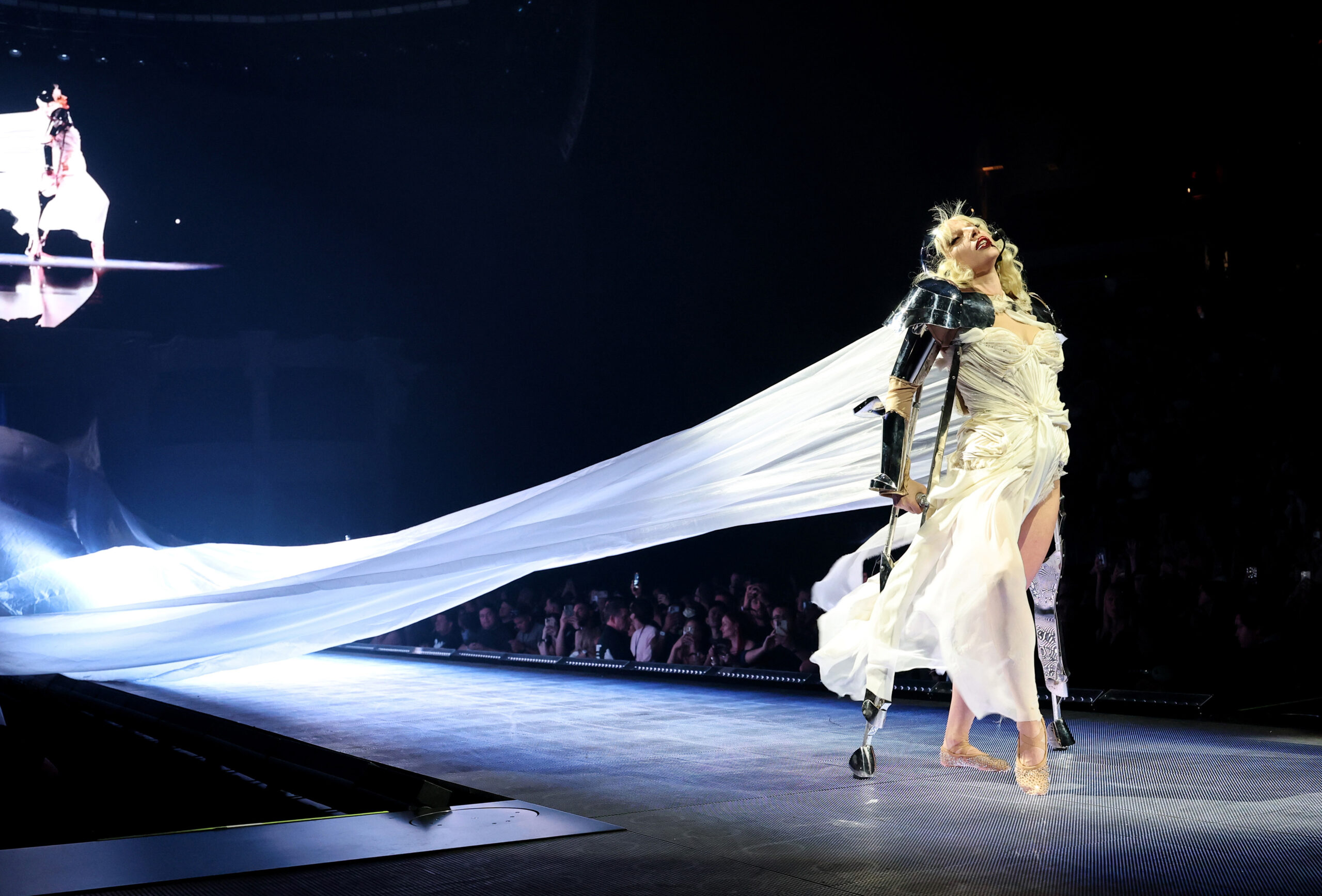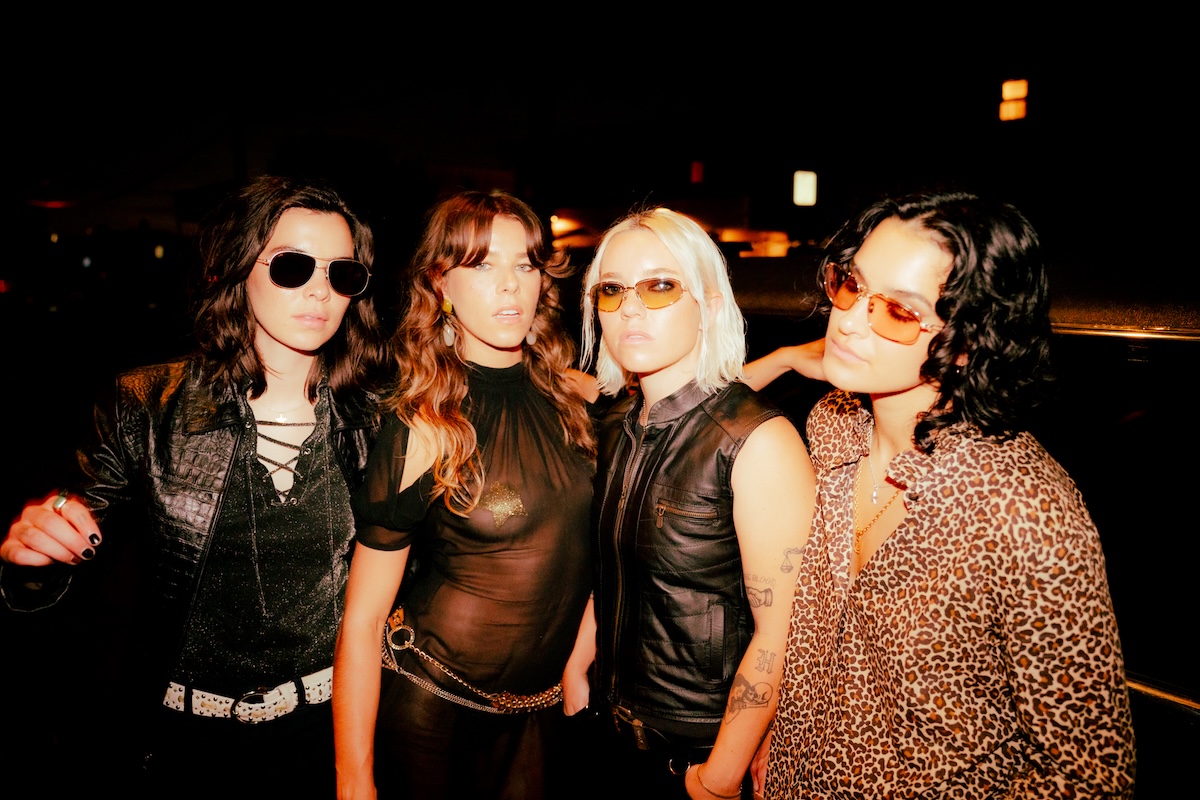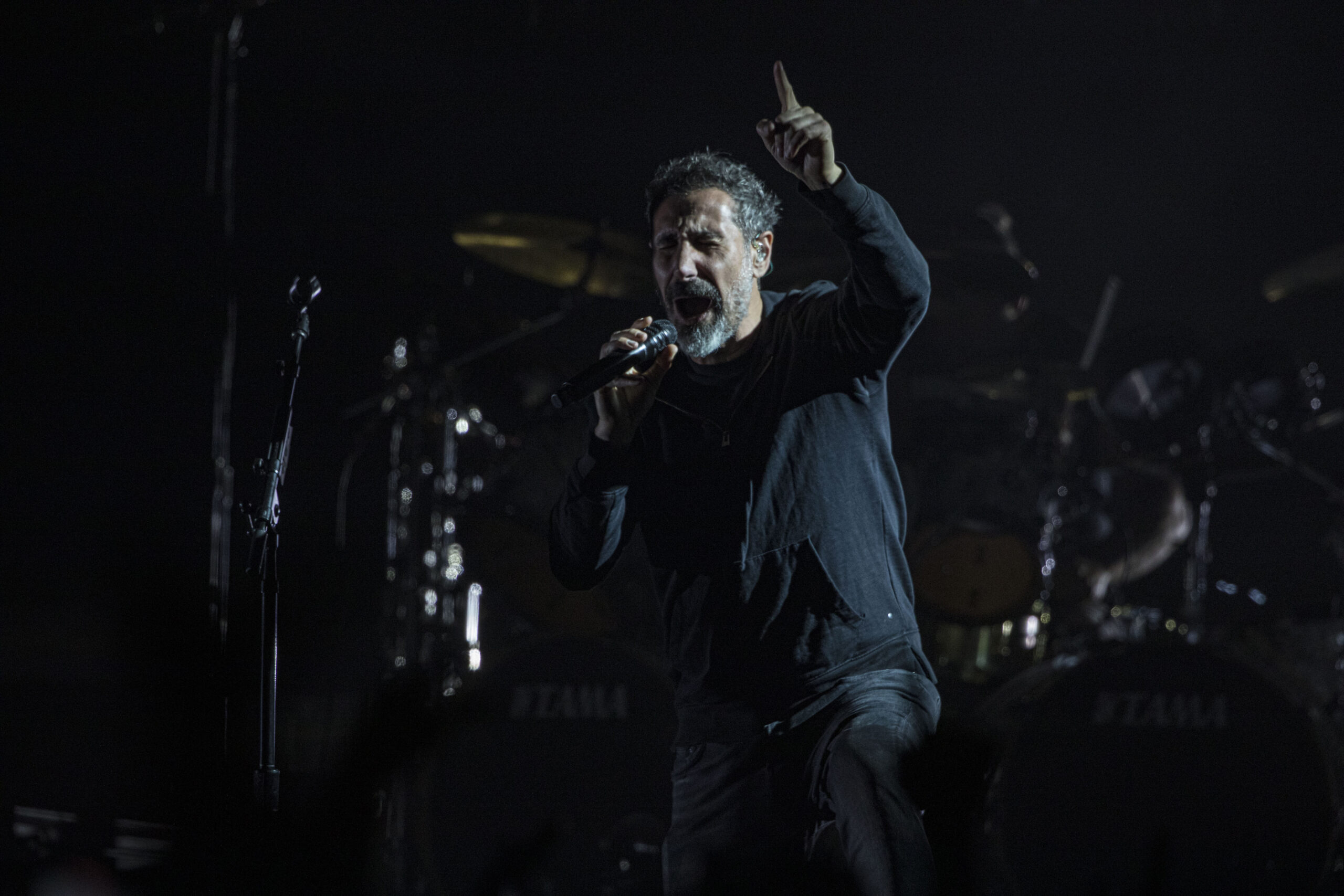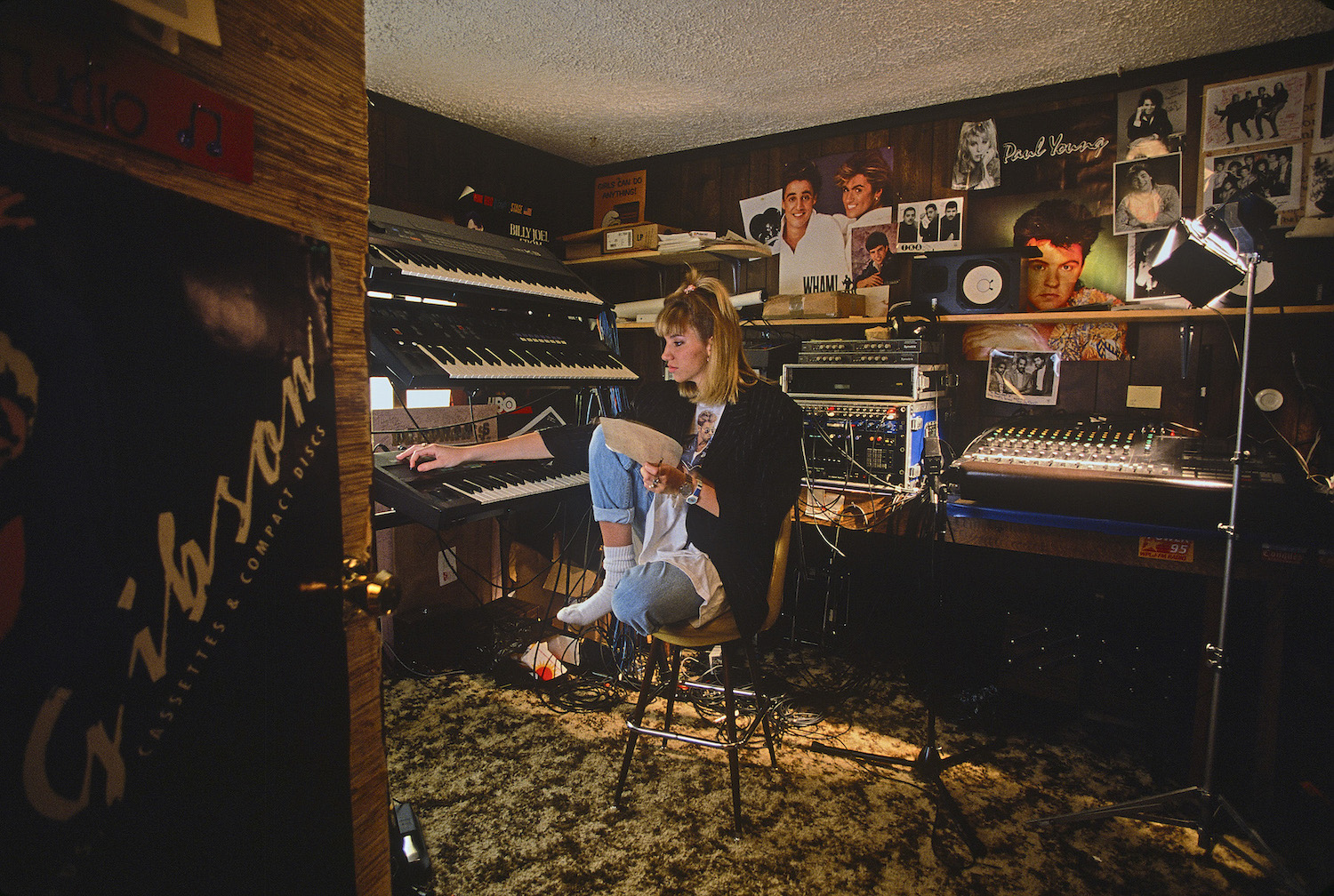
“I’ve always felt ageless,” Debbie Gibson tells me, two days after her 55th birthday, adding that she’s “embracing” her age and loves seeing other “seasoned” women in her industry finally get their due.
More from Spin:
- Lady Gaga Extends ‘MAYHEM Ball’ Trek Into 2026
- The Aces Find Their Groove on ‘Gold Star Baby’
- New Elvis Doc Showcases the Musicianship Behind the King
In a plain white tank, she’s the definition of natural beauty, owning midlife as we all hope to, with confidence, warmth, and a heaping dose of relatable humor. And she’s always been down to earth, easily the secret to her success. “I’m unpacking, repacking…and just got in from another press thing, and I’m like, ‘Where’s my laptop charger?’”
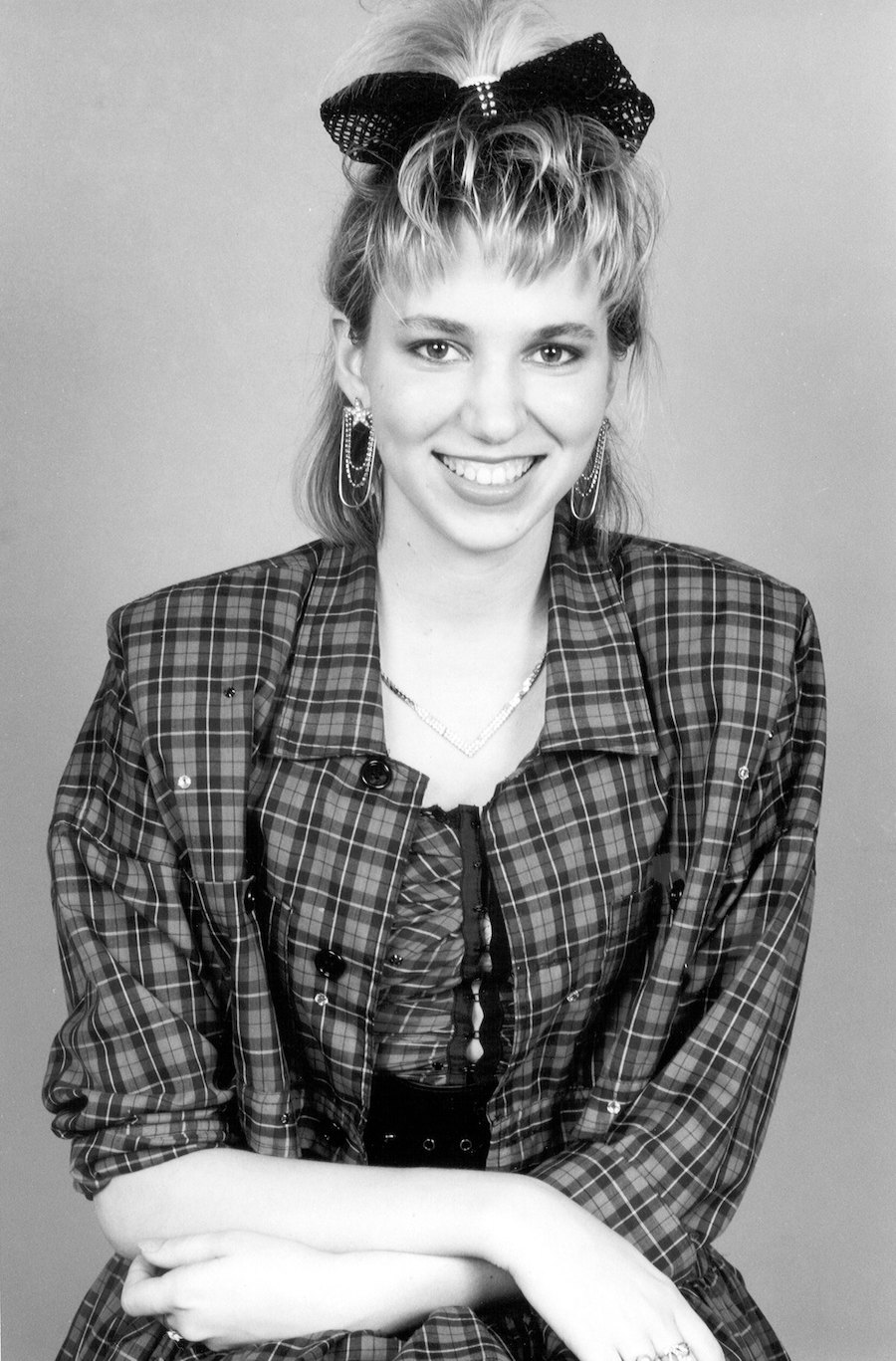
All her recent press is for her new book, Eternally Electric: The Message in My Music, where she relays the highs and lows of life in an industry she’s somehow endured for nearly 40 years. Where do you go after, at 17, you become the Guinness Book of World Records-holder for being the youngest musician to write, sing, and produce a Billboard No. 1 single? Well, it’s all in the book.
I was that adolescent who first saw Debbie on MTV with her debut single, “Only in My Dreams,” where, if there was a definition of wholesome American girl, this was it: her blonde hair pinned back with a big bow, signature black brimmed hat perched back on her head to emphasize her almost beatific face. (It’s an image that Playboy hoped to capitalize on in a nude shoot, first calling shortly after her 18th birthday, her “flattered” and finally taking the plunge when she was 34.)
The real game-changer for us girls in the ‘80s was realizing Debbie wrote and performed all of the songs on her debut album, ‘87’s Out of the Blue. (While she was the sole producer on “Foolish Beat,” the other singles were handled by a production team, and a few co-produced by Debbie.) Sure, there are plenty of artists who work this way now, but Debbie was a unicorn back then, especially so young and with that level of commercial success.
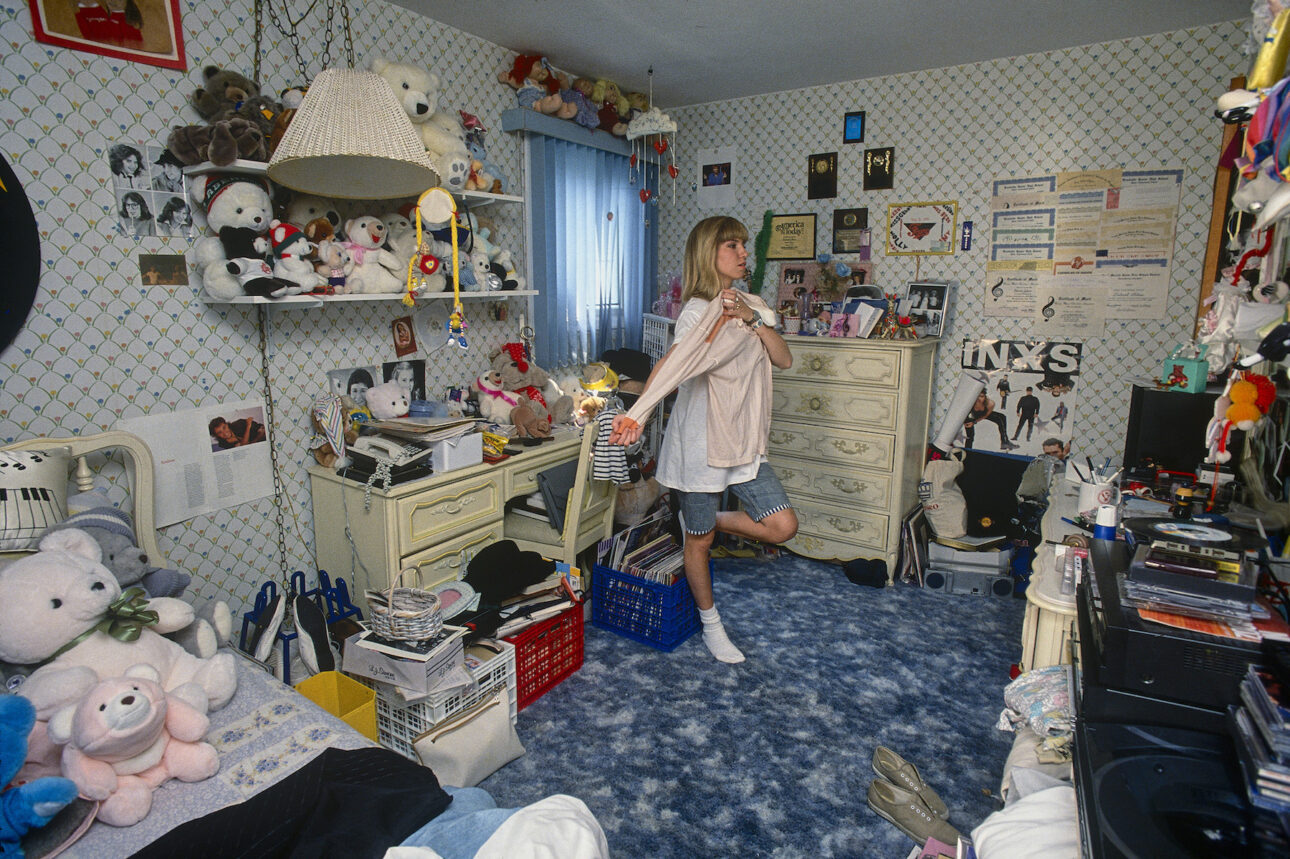
“Young people in general said, ‘I always felt like if you could do it, I could do it,’” she recalls, catching herself, getting emotional. “The whole purpose of me writing the book was just to say to people going through all the life challenges that I’ve been through and still dreaming, still looking forward, feeling better than ever in this new chapter, really owning my second act. I want people to own their second act. That’s really what I want. I don’t need to hear myself talk about myself all day long. I didn’t really need to write it all down, but the purpose in writing it down is for other people.”
The book is dedicated to her mother—“Dedicated to Diane Gibson. Proud mother and the original ‘Momager.’ She filled the room.”—the two of them an underdog, David-esque duo against the Goliath music industry. What Diane didn’t know about making her daughter a popstar she made up for with moxie, and unwavering faith in her daughter. And Debbie, well, she had the talent and was already writing songs when she entered and won a radio contest (America was the theme). “I always say to people, ‘Always be ready,’” she tells me, clearly a lifelong motto.
“Sometimes I get snubbed by the more mainstream pop culture things, like events and award shows, and stuff. I was like, ‘Deb, don’t get a chip on your shoulder.’ Then that came up,” she says.
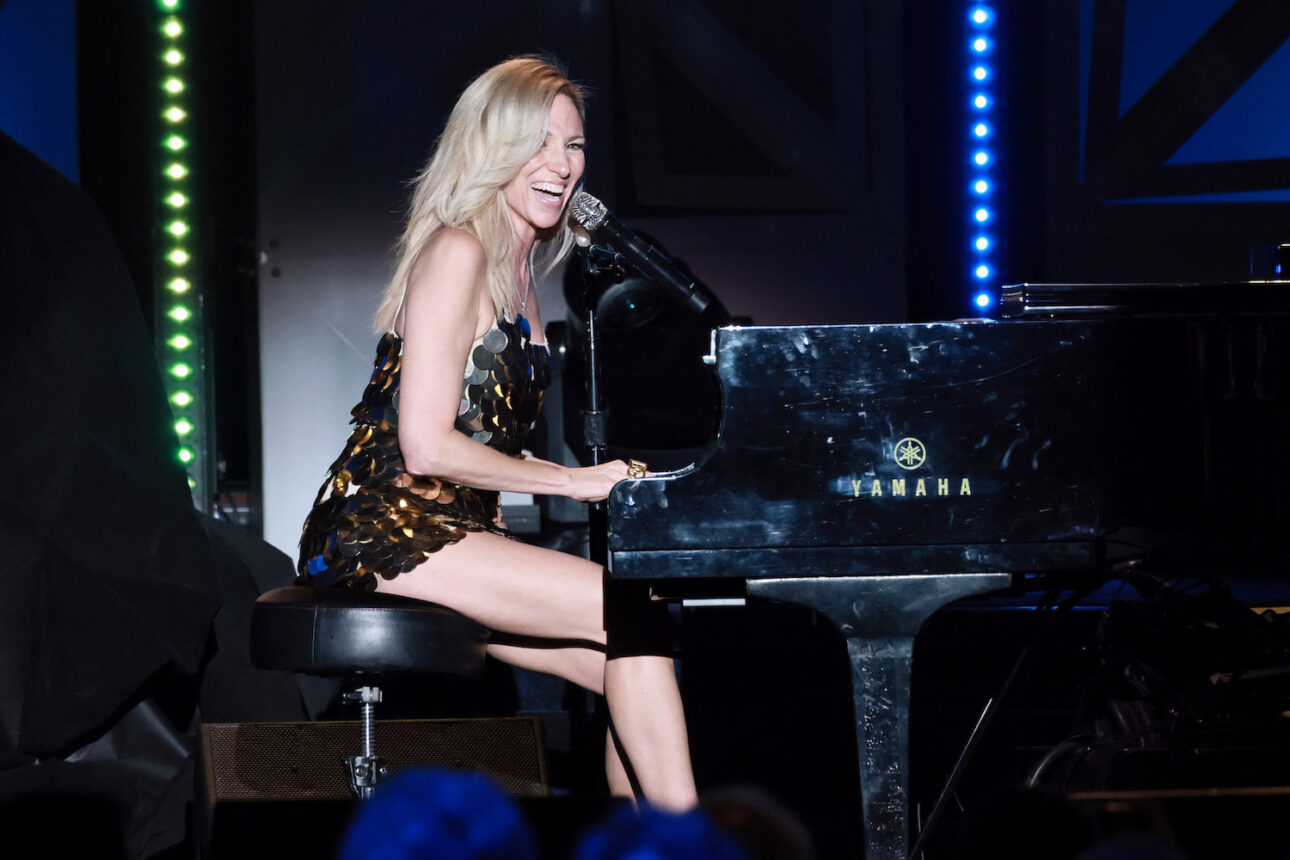
“That” was this year’s Songwriters Hall of Fame induction where she presented the award to Tony Macaulay, and performed his beloved hit “Build Me Up Buttercup.” Amongst an incredible evening of performances, Debbie was a solo standout, full of energy, commanding the stage, killing it on the piano. You’d never know that she was a last-minute addition to the lineup, or that she’d been living for the last 11 years with Lyme disease.
“I nap a lot,” she says, on learning to take care of herself with a debilitating chronic illness, the diagnosis of which she chronicles in her book, as well as the protocols required to feel her best. (Avril Lavigne, who openly went through her own battle with Lyme, was a source of support.) She feels “freedom” in the wisdom that can only come with age. “It took me a long time to get here. Even [regarding] whatever preceded the chronic illness starting. It’s like, which came first, the chicken or the egg? Because I think I was always a little fragile, but I wanted to be a rock star. I was always pushing up against my crappy adrenal system. My adrenal system wishes I was a farmer. I was like, ‘No, I want to be in pop music.’”
In her recent video for her single “Legendary,” Debbie’s in a boxing ring with her piano, we see her wrapping her hands and warming up for a fight like a boxer. “In ‘Legendary,’ I say, ‘Be the fire and let it burn.’ I just ignored anything physical that I was feeling that might have been a hindrance. Then, at a certain point, you get backed into that corner, which I did.”
From scented cleaners to food prep, she attempts to monitor triggers within her control. “Anything I can control, I do. Then a lot of it you can’t,” she says. She talks about seeing tour masseuse/nutritionist Lisa Giannini, who has been helping her with energy work since she was 17.
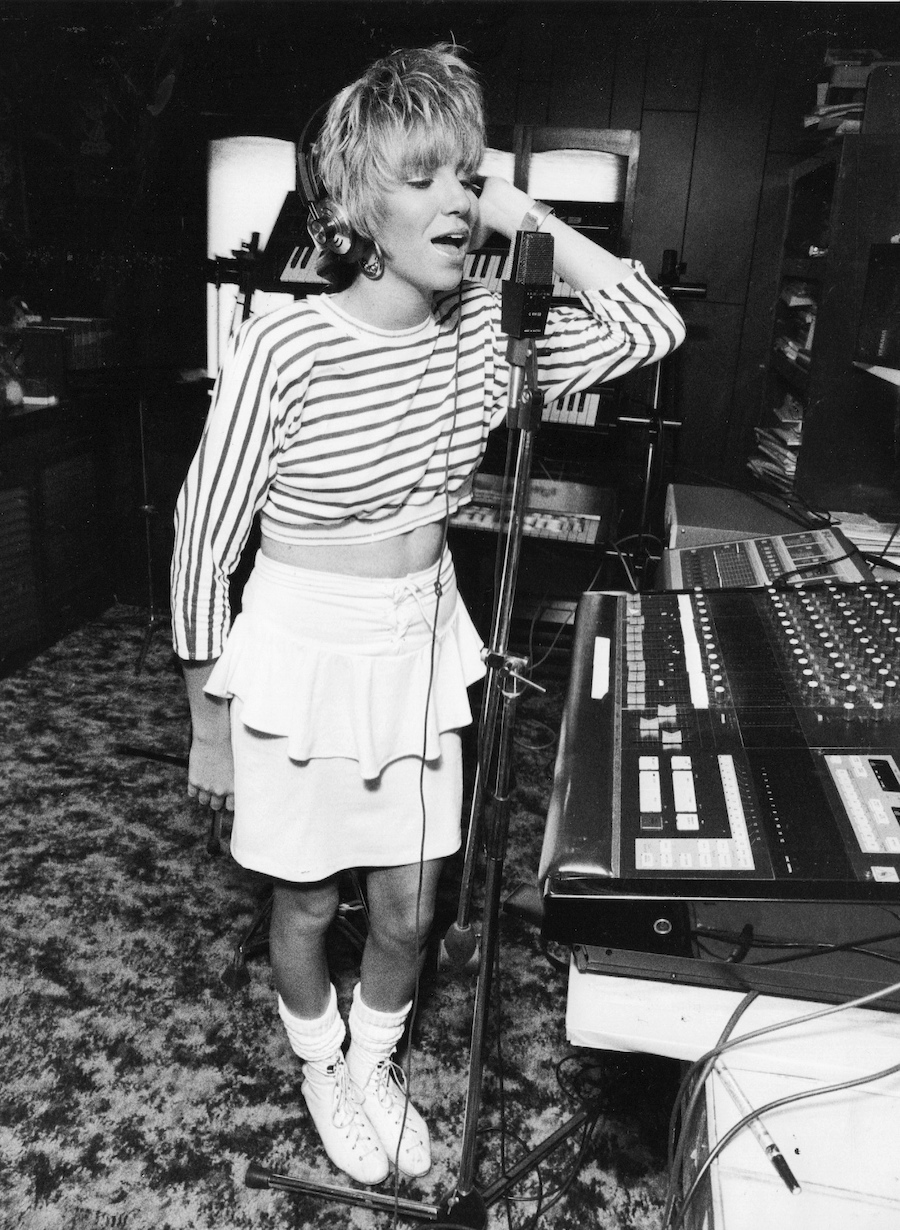
Having achieved popstar status at such a young age can too easily fill a book, so much so that Eternally Electric glides quickly through the wildness of such a life (within three paragraphs in Chapter 6, she described performing at Wembley Stadium, a teen boyfriend, and meeting Princess Diana). “I could write six books,” she says. “My mom used to say, ‘You have a lot of tentacles.’ I have all these topics that [could] have offshoots, and they could be their own book. Health and wellness. There’s a whole mother-daughter relationship. Even take the momager thing out of it. I feel like I’m a connoisseur of the mother-daughter relationship.” Debbie has spoken openly about the complicated relationship she had with her mother, who she loved deeply, referring to her in the book as a “passionate, loving, loyal, colorful woman.” Diane passed away in 2022 at the age of 76.
“One thing that comes to mind, and even before I start talking about it, I get emotional… Writing about my mom and my journey, when I think about the odds that we were up against and who we were—we were completely normal suburban mother and daughter. I happened to love music. She happened to be a little crazy in all the great ways that mothers should be crazy in helping their kids.” Debbie stops and touches her own forearm. “By the way, she’s here. I don’t know how spiritual you are, but…total goosebumps. I’m very woo-woo.
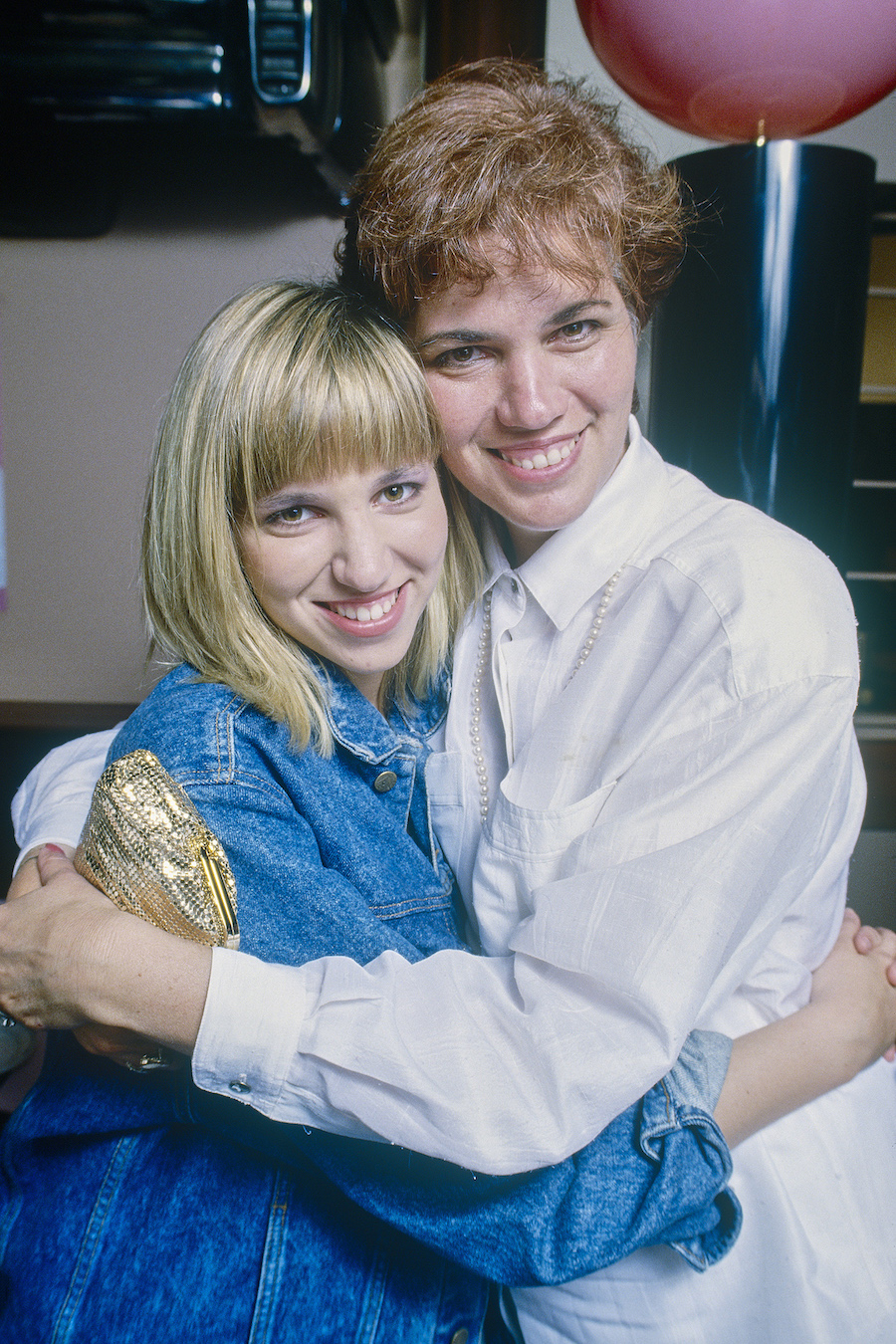
“Every time I’m in a venue performing these songs, I very clearly remember writing [them] just as purely as little girls write in a diary. When I was in Chile this year, and Singapore, and people are singing these songs that have become a part of the fabric and soundtrack of their lives, I’m like, ‘How did we do that?’ I know how we did it. I wrote about it, but I’m like, ‘How did we do it?’
“I so vividly remember she [Diane] and I in that restroom at Atlantic Records. There were just so few female executives, and everything was so male-driven. Of course, we didn’t have Taylor Swift and Billie Eilish and Lorde and Alicia Keys, all the brilliant, creative visionaries. We really had to make a ruckus to be heard. That is really one of the most poignant things I would say about my story. It’s her story.”
After I ask if she’ll be my life coach she laughs and says she jokingly refers to herself as “Guru Gibson,” hoping that the book creates an “energetic shift” for those who need it.
“I really think it’s a story of resilience,” Debbie says. “As I was writing it, I was like, ‘Holy crap, I’ve been through a lot.’ And again I go back to quoting ‘Legendary.’ It’s either ‘Fire and let it burn, higher and higher. Dust off the dirt and just move on.’
“I’m a little bit like, ‘Okay…get on with it.’”
To see our running list of the top 100 greatest rock stars of all time, click here.

